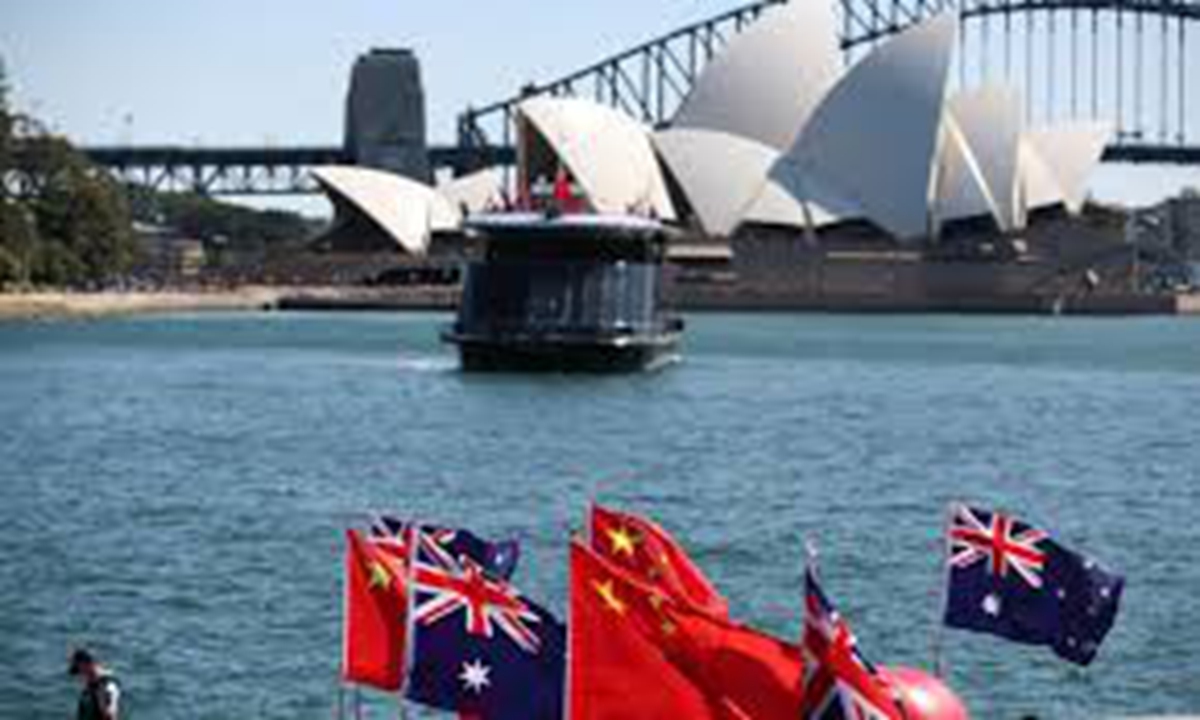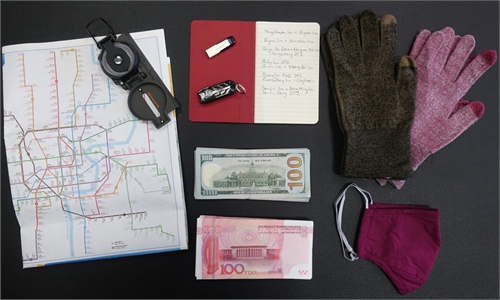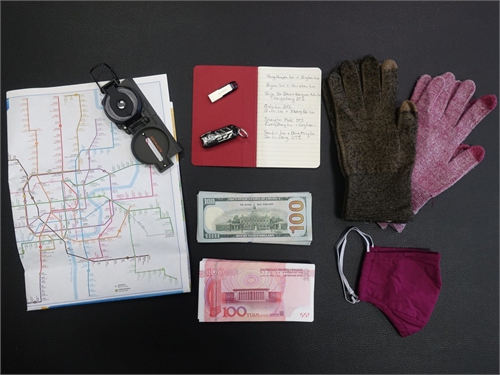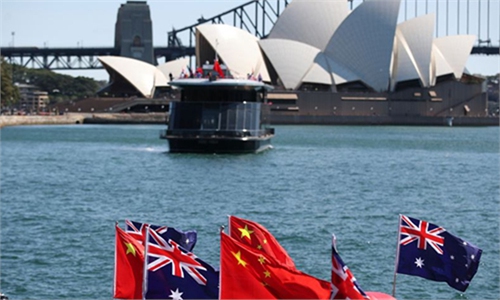
File photo
Australian Trade Minister Simon Birmingham has reportedly approved a decision to partially replace the country's iconic national kangaroo logo with the image of a gold wattle, which was unveiled on Tuesday.The logo change was proposed by Australia's Nation Brand Advisory Council, which claimed in a report that the country needs to scrap the internationally recognized kangaroo and use a new logo to better represent its lesser-known assets such as technology and education.
But many Australian netizens said they could not understand the change and that the new logo would only lead to confusion about Australian goods in the eyes of the outside world.
To a certain extent, the use of the controversial new logo may underscore Australian government's eagerness to promote its profile in the global marketplace. It is also a sign of the growing anxiety over its trade prospects amid its deteriorating relationship with China - its largest trade partner.
It is unknown whether concerns over the loss of the Chinese market share in Australia's business circles have had any impact on the logo change. In any case, we support and encourage Australia's attempts to boost its trade.
Only through careful calculations and soul-searching can the country realize how valuable the Chinese market is.
In fact, the logo issue may only reflect one aspect of Australia's efforts to promote trade since its tensions with its largest trade partner were escalated.
In a virtual summit in early June, Australia and India signed a number of agreements to improve bilateral cooperation in areas like trade, technology, education and defense. The UK and Australia also announced in mid-June that formal talks over a free trade agreement (FTA) would begin.
While it is understandable that Australia is eagerly seeking to diversify its export markets to reduce its economic dependence on China, it is dubious how much of its diversification efforts could really cushion the economic blow from China on the Australian economy.
This is because the coronavirus pandemic has made it difficult for Australia to maintain its trade volume with India and the UK.
At the same time, the Australian economy has started to feel the pinch of its deteriorating relations with China. For instance, enquiries for Australian homes plunged by more than 65 percent in May compared to April, according to data from property portal Juwai IQI.
In contrast, the pandemic will not slow down China's pace of opening up to the outside world, and any country that can strengthen cooperation with China will enjoy more of its development dividends in the process.
In summary, Australian government is not forward-looking. It is still obsessed with escalating the political spat rather than easing the tensions with China. Australia's choice to follow closely the steps of the US politically will be self-destructive economically.



